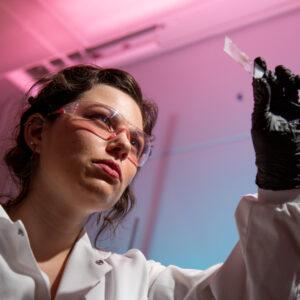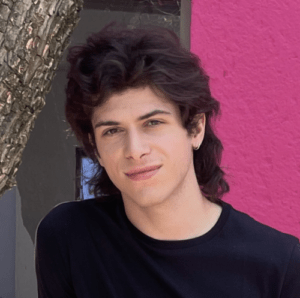2023 Competition
Congratulations, 2023 BrainStorm Winners!
Dr. Lindsay Cameron (Stanford University)
Pablo Mallaroni (University of Maastricht)
Anna Wagelmans (NeuroSpin Paris)
Recipients of $30,000 each in research funding
Winner of the $10,000 AUDIENCE CHOICE AWARD
Congratulations, Pablo Mallaroni!
What is Brainstorm?
The BrainStorm Neuroscience Pitch Competition™ has a specific focus on funding for early-career researchers teamed with senior primary investigators, working on pilot studies to help them obtain grants for further research, with an additional strategic goal designed to incentivize the building of skills in translating complex neuroscience for a general audience through a pitch video. Finalists are guaranteed $30,000 in funding. The general public cast votes online for the best video for an additional $10,000 Audience Choice award.
$100,000 IN TOTAL RESEARCH FUNDING!
THANK YOU FOR VOTING
JOIN US NEXT YEAR! Voting for the 2024 Competition is September 30, 2024 – October 7, 2024
2023 WINNERS
Rethinking Psychedelics: Using Psilocybin to Rewire Reward Circuits
Lindsay Cameron, PhD
Stanford University
Psychedelic compounds, such as psilocybin, are being studied as a potential treatment for opioid use disorder (OUD). Psilocybin, a naturally occurring substance that can produce hallucinations and other changes in perception, has been shown to increase neuroplasticity — the brain’s ability to change and adapt. This makes psilocybin a promising candidate for treating OUD, as it could help people change their behaviors associated with addiction.
Tuning In Together: Investigating the Influence Of LSD On Brain Synchrony and Prosocial Behavior In Romantic Partners
Pablo Mallaroni
Maastricht University
What happens in our brains when we feel a strong connection with someone? Many people with mental health issues struggle with social interactions and find it difficult to connect with others, which can worsen their mental health problems. This research seeks to understand the neurological basis of pro-social feelings and behaviors, potentially helping scientists develop strategies to improve social skills, enhance social interactions, and promote healthy relationships.
Mental Time Travel: When Our Brain Is Our Time Machine
Anna Wagelmans
Université Paris-Saclay
“Mental time travel” is not just a concept from science fiction. The brain’s ability to engage in mental time travel refers to its capacity to imagine or remember events from the past and anticipate or plan for events in the future. We hope to deepen our understanding of how humans navigate through time. This research has broad implications, helping us understand how we remember the past and make better decisions for the future, and could lead to earlier, more accurate diagnosis of Alzheimer’s disease.
thank you to our 2023 sponsors
Gold
Silver
Bronze

 Lindsay Cameron, PhD
Lindsay Cameron, PhD
 Anna Wagelmans
Anna Wagelmans